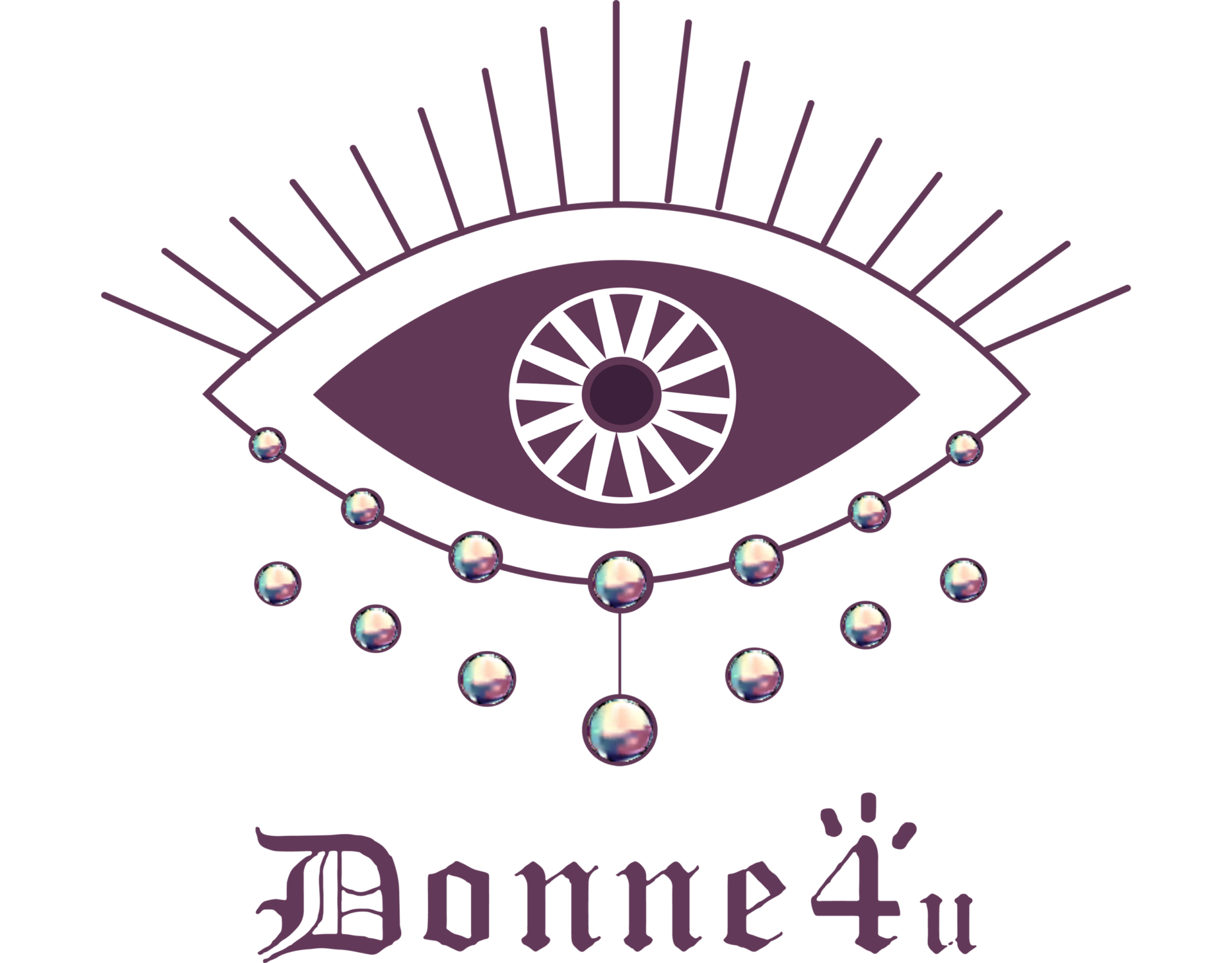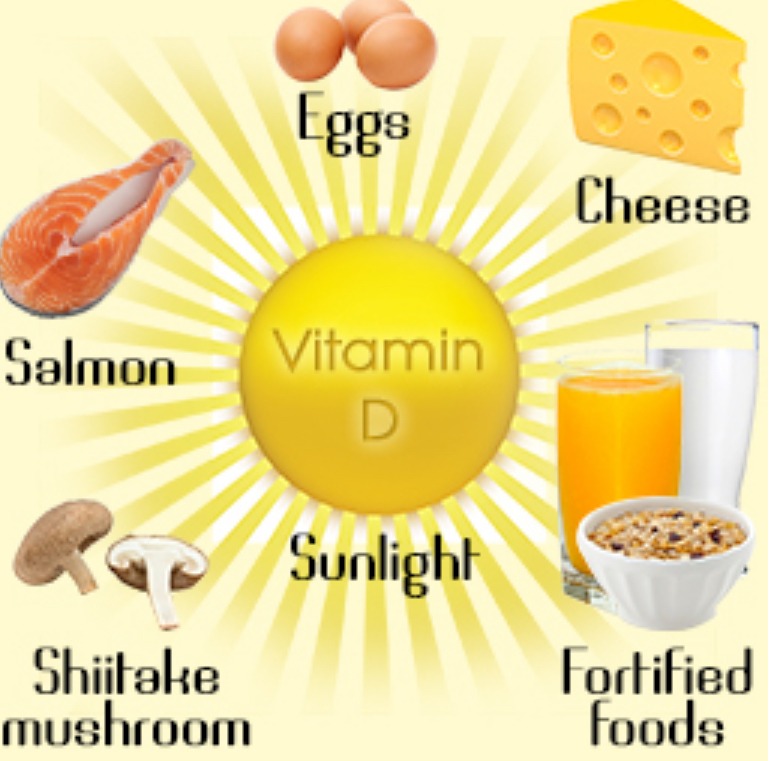Vitamin D is essential for the bones and teeth, the immune system, brain health, and for regulating inflammation. The body produces vitamin D as a response to sun exposure.
Certain foods and supplements can also boost vitamin D intake. Despite its name, vitamin D is not a vitamin but a hormone or prohormone.
In this article, we look at the benefits of vitamin D, what happens to the body when people do not get enough, and how to boost vitamin D intake.
Healthy bones
Similarly, in adults, vitamin D deficiency can manifestTrusted Source as osteomalacia, or softening of the bones. Long-term vitamin D deficiency can also lead to osteoporosis, or low bone density, which increases the risk of fractures.
Immune function
An adequate intake of vitamin D may support good immune function and reduce the risk of autoimmune diseases.
Researchers Trusted Source believe there may be a link between long-term vitamin D deficiency and the development of autoimmune conditions, such as type 1 diabetes and rheumatoid arthritis, but more research is necessary to confirm the link.

